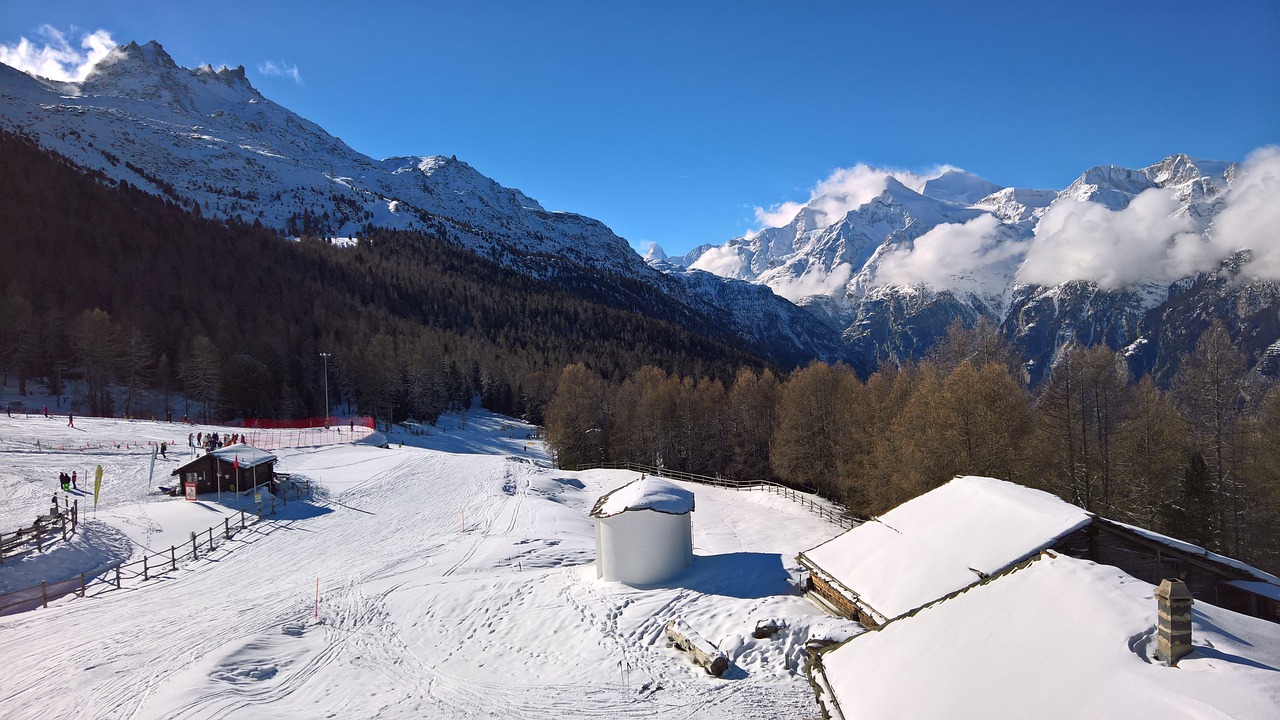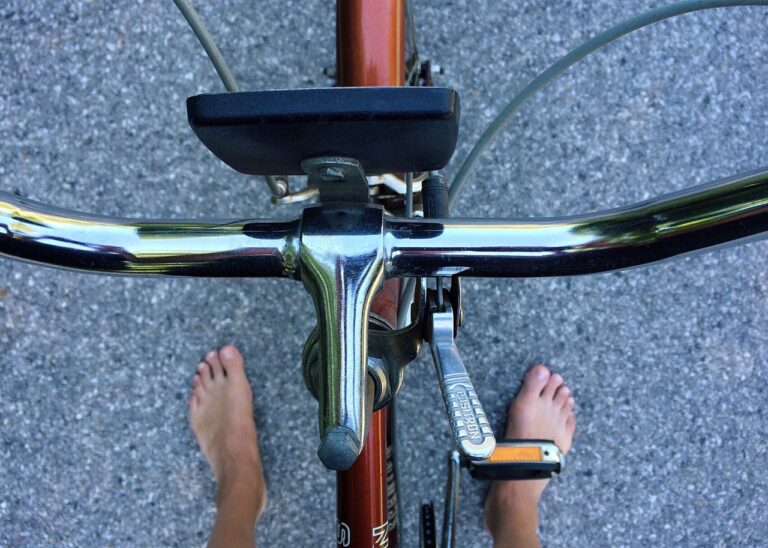Designing Hotels for Sustainable Water Conservation: 11xplay id, Laser247.com login, World777 sign up
11xplay id, laser247.com login, world777 sign up: Designing Hotels for Sustainable Water Conservation
When it comes to designing hotels, sustainable practices should be at the forefront of the planning process. One key aspect of sustainability that is often overlooked is water conservation. With the increasing demand for water worldwide, hotels can play a significant role in reducing their water usage and ensuring a sustainable future. In this article, we will explore how hotels can design their properties to conserve water effectively.
1. Implementing Low-Flow Fixtures
One of the most effective ways to conserve water in hotels is by installing low-flow fixtures in bathrooms and kitchens. Low-flow toilets, showerheads, and faucets can significantly reduce water consumption without sacrificing guest comfort. These fixtures are easy to install and can make a big impact on overall water usage in the hotel.
2. Greywater Recycling Systems
Greywater recycling systems can also be implemented in hotels to reuse water from sinks, showers, and laundry for irrigation or flushing toilets. By treating and recycling greywater on-site, hotels can reduce their reliance on freshwater sources and lower their overall water footprint.
3. Rainwater Harvesting
Rainwater harvesting is another sustainable practice that hotels can adopt to conserve water. By collecting rainwater from rooftops and storing it for later use, hotels can reduce their reliance on municipal water supplies. Rainwater can be used for irrigation, flushing toilets, and other non-potable uses within the hotel.
4. Landscape Design
Hotels can also conserve water through thoughtful landscape design. By choosing drought-resistant plants, installing efficient irrigation systems, and using mulch to retain moisture, hotels can reduce water usage for landscaping purposes significantly. Additionally, incorporating permeable surfaces like gravel or pavers can help prevent water runoff and encourage groundwater recharge.
5. Monitoring and Data Analysis
Implementing water metering systems and monitoring tools can help hotels track their water usage in real-time and identify areas for improvement. By analyzing water usage data regularly, hotels can pinpoint inefficiencies, implement targeted water-saving measures, and track their progress towards sustainability goals.
6. Employee Training and Guest Engagement
Lastly, hotels can promote water conservation through employee training programs and guest engagement initiatives. By educating staff on best practices for water conservation and encouraging guests to participate in towel and linen reuse programs, hotels can instill a culture of sustainability throughout their property.
FAQs
Q: How can hotels incentivize guests to participate in water conservation efforts?
A: Hotels can offer incentives such as discounts, loyalty points, or donations to environmental charities for guests who opt-in to water-saving initiatives.
Q: Are there any regulations or certifications that hotels should consider for implementing water conservation practices?
A: Hotels can pursue certifications like LEED (Leadership in Energy and Environmental Design) or implement water-saving measures to comply with local water conservation regulations.
In conclusion, designing hotels for sustainable water conservation is not only environmentally responsible but also financially beneficial in the long run. By implementing strategies like low-flow fixtures, greywater recycling, rainwater harvesting, landscape design, monitoring systems, and educational initiatives, hotels can make a positive impact on the environment while providing a unique and memorable guest experience.







